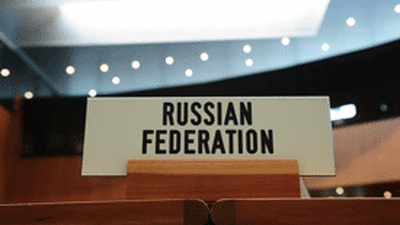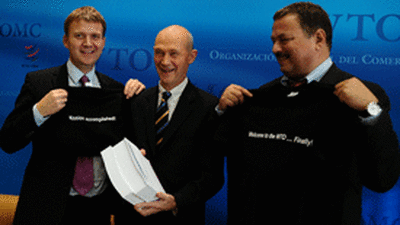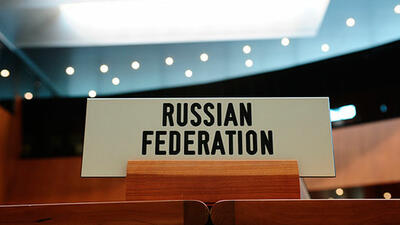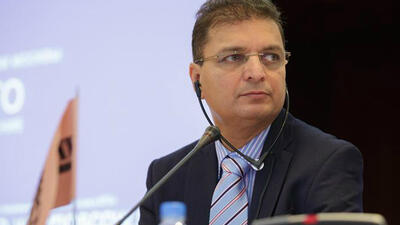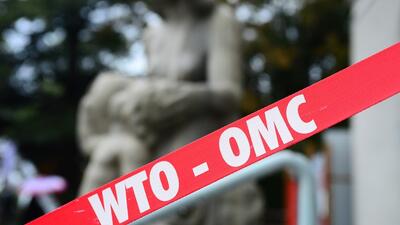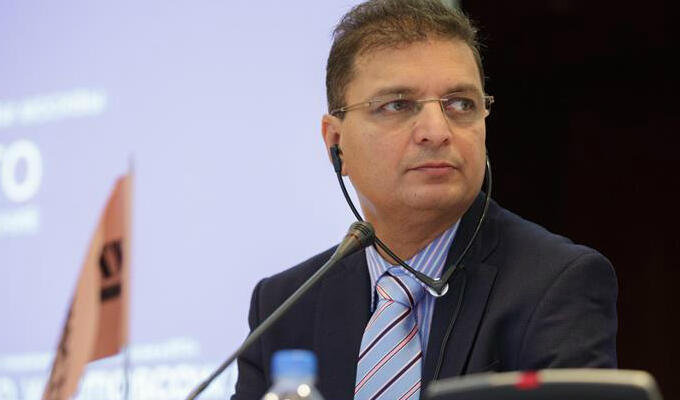
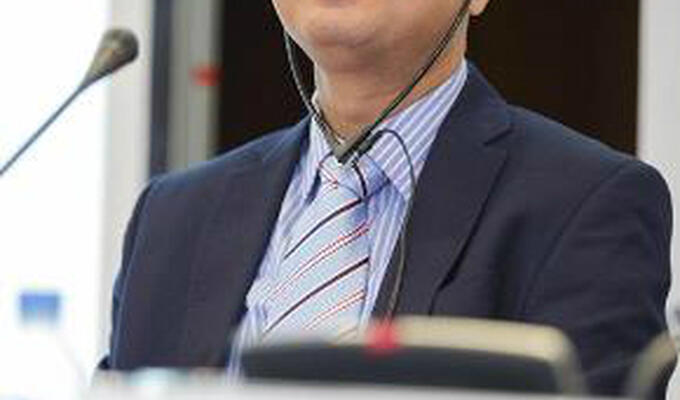
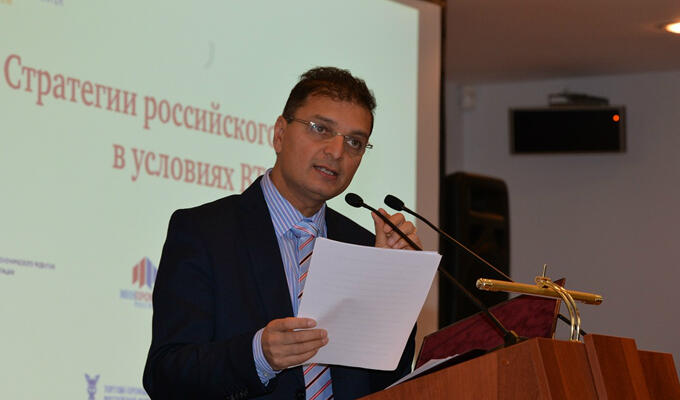
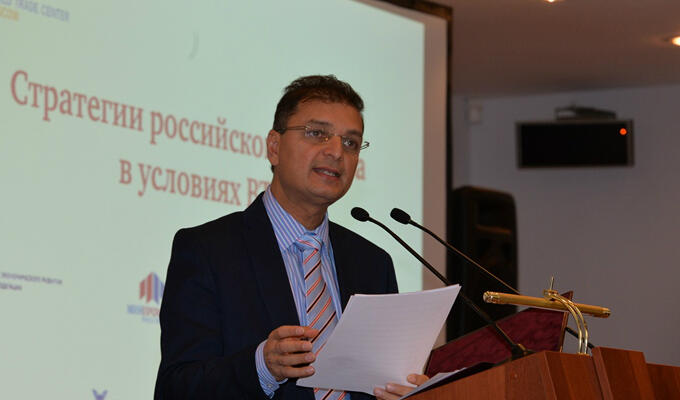
Developing skills and capacity is key to reaping the benefits of Russia’s WTO membership
Russian businesses, in particular small and medium-sized enterprises (SMEs), need to build skills to fully benefit from the opportunities the country’s membership of the World Trade Organization (WTO) has created, Ashish Shah, ITC’s Acting Deputy Executive Director, told government and industry leaders in Moscow. Mr Shah was addressing a conference on “Strategies of Russian companies after the WTO accession”, which took place at the World Trade Center Moscow Congress Center on 12 November
The Russian Federation acceded to the WTO in 2012. The country has made a number of important commitments through its WTO membership, covering areas such as intellectual property rights, soft infrastructure services, technical regulations and sanitary and phytosanitary measures. Structural and regulatory reforms are being put in place to meet these commitments. Mr. Shah said that this would contribute to improving the national business and regulatory environment, which will ultimately promote competitiveness of local businesses and allow them to access international markets.
Mr. Shah said: ‘We at ITC view Russia’s accession to the WTO as a great step forward, providing a unique opportunity for enhancing Russia’s economic competitiveness. We believe that a conducive business environment will go a long way in unlocking entrepreneurship spirit and promoting private investments, which are so essential to spur economic growth.’
This growth is to a large extent driven by small and medium-sized enterprises (SMEs). According to the Ministry of Economic Development of the Russian Federation, SMEs contribute to 21% of the country’s gross domestic product.
‘It is indispensable that efforts be undertaken to grow the SME sector as this is a huge untapped source of potential growth and jobs. Investments in developing strong SMEs can help build competitive industries, promote incremental innovation, create jobs and incomes,’ he said.
ITC helps SMEs become internationally competitive and export-ready, assisting them in adding value to their products and meeting international standards, and facilitating their access to markets by bringing them into direct contact with buyers and investors. It also builds the capacity of policymakers and trade promotion organizations to better support exporters and create an environment for businesses to flourish.
In July 2013, ITC and the Russian Federation signed a memorandum aimed at strengthening the partnership between the Russian Federation and ITC, by contributing to sustainable economic development through exports, increased job opportunities and an improved business environment.
ITC, in collaboration with the Ministry of Economic Development, and other partners, is working on several initiatives to support the Russian Federation’s business sector to benefit from the opportunities created by WTO accession.
These initiatives include a new training programme, developed by ITC, for the business community in the Russian Federation and countries in the Commonwealth of Independent States (CIS), aimed at building the skills and capacities of businesses in the region, enabling them to better understand the benefits of WTO membership.
Mr. Shah congratulated the World Trade Center Moscow for its efforts over the past year in making Russia’s business sector more aware of the opportunities of WTO membership. He said that ITC would continue to partner with the World Trade Centre to offer companies comprehensive and user-friendly online databases, which provide full, detailed and real-time information on market access, trade flows and market intelligence. He said that, in a world driven by the digital economy, timely and relevant trade intelligence is key for economies to become competitive, and to understand and take advantage of trade opportunities.




